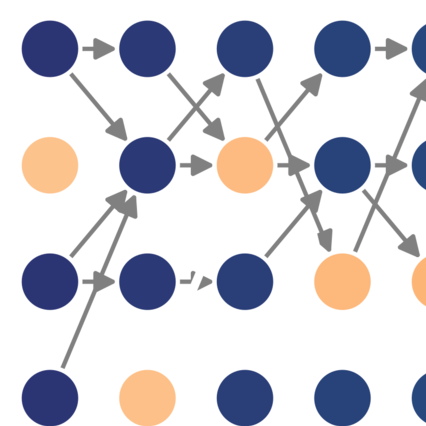The project aims to revolutionize public health by advancing our ability to monitor and improve drinking water quality. We envision water systems embedded with biosensors that autonomously and continuously digitize the biological and chemical content of drinking water, software that evaluates and forecasts health risks based on sensor data and…
Intersections are critical points in urban traffic networks, yet they account for a significant share of traffic accidents, congestion, and inefficiencies. Despite advancements in traffic control systems, traditional approaches struggle to adapt to dynamic road conditions, leading to safety risks, especially for vulnerable road users such as…
The project aims to develop a computational method that will enable mining, translation, and analysis of relationships among global source materials in one or more underrepresented languages. Specifically, based on the inputs of a preliminary controlled vocabulary in music theory (to be developed via the Magic Grant) and a database spanning…
This project is centered around field research in Japan, enabling three motivated Princeton students to digitally document historic structures, engage with local experts, and contribute to global efforts in preserving cultural heritage against environmental threats.
Half a billion people in Sub-Saharan Africa (SSA) lack access to electricity. Infrastructure investments of USD 22 billion annually are required to provide universal access to affordable electricity. Hence, information about the existing, planned, and necessary electricity infrastructure is crucial to ensure sustainable investments and support…
The aim of this project is to collaborate with industry partners to develop comprehensive, system-level approaches for evaluating the resilience of large-scale infrastructure systems to climate change hazards. This is an urgent need as current industrial practices primarily utilize asset-level performance indicators to make crucial systemwide…
Networks, or graphs, are a valuable tool for comprehending complex systems - they can represent a wide range of real-world phenomena such as social networks, biological networks, financial systems, transportation and communication networks, and more. Graphs enable modeling various aspects of these systems and help us understand the intricate…
This research envisions a comprehensive approach to enhance climate risk assessment and resilience planning, responding to the urgent challenges posed by climate change. The project is structured into three primary work packages: developing a simulation engine, advancing cloud computing simulations, and










